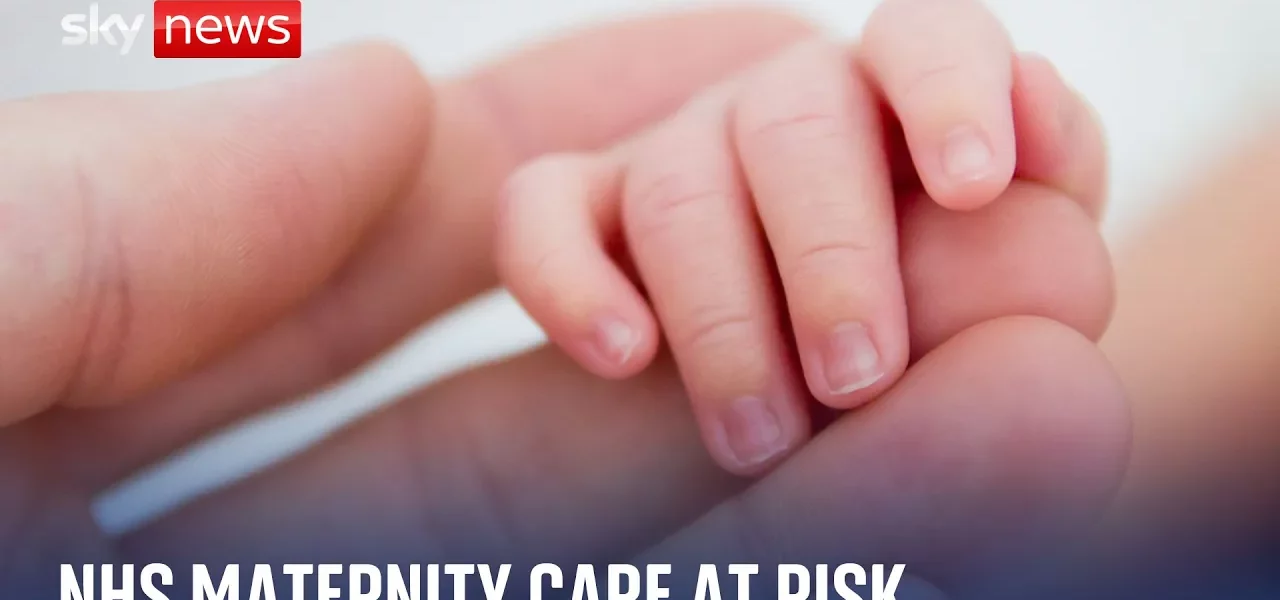Rihanna’s Baby Kate: A Tragic Case Highlighting Maternity System Failures

This article delves into the heartbreaking story surrounding Rihanna’s baby Kate and the systemic failures within the UK maternity system, shedding light on the ongoing risks for mothers and newborns. We explore the investigations, findings, and necessary reforms to prevent such tragedies in the future.
Introduction
The heartbreaking story of Rihanna’s baby Kate, who tragically passed away just hours after birth, underscores the critical issues plaguing the maternity system in the UK. This case, among many others, has sparked significant investigations into the practices and conditions within maternity wards. The systemic failures highlighted by this incident reveal a troubling trend where mothers and their infants are at risk due to inadequate care, staffing shortages, and a culture of silence surrounding malpractice. This article aims to provide an in-depth examination of the events leading to baby Kate’s death and the subsequent findings of health watchdogs regarding maternity care.
The Tragic Case of Baby Kate
Rihanna’s experience during childbirth serves as a stark reminder of the vulnerabilities present in the maternity system. Baby Kate, only six hours old, died due to a series of catastrophic missteps that could have been avoided with proper care and attention.
Initial Care and Mistreatment
Upon delivery, Rihanna had no awareness of the dire situation unfolding around her. The midwife, tasked with providing care, made critical errors that contributed to the tragedy:
- Placed baby Kate in a cold cart instead of a heated cot.
- Left Kate alone in a side room, abandoning her care during a moment of panic.
- Separated mother and child, resulting in them being taken to different hospitals.
The Aftermath of Separation
The emotional trauma of being separated from her newborn, only to be reunited after Kate had already passed away, exemplifies the profound impact of these failures on families. This heart-wrenching experience is a reflection of larger systemic issues that have been identified within the UK’s maternity services.
The Shury Maternity Scandal
Baby Kate’s unfortunate death is not an isolated incident but part of a broader scandal known as the Shury maternity scandal. Investigations revealed that Kate’s case was just one of many where systemic failures led to tragic outcomes.
Findings from the Care Quality Commission (CQC)
Fifteen years after the initial investigations into the Shury scandal, the CQC conducted new inspections across 131 maternity units, revealing alarming findings:
- Almost half of the inspected units required improvements.
- Numerous reports of beds soaked in blood due to inadequate hygiene practices.
- Incidents of staff abusing patients, further illustrating a toxic environment within maternity wards.
Government Response and Recommendations
Despite successive reports and recommendations presented to health secretaries over the years, it appears that little has changed. The new government has promised additional staffing and resources, yet the culture within midwifery practices remains a pressing concern.
The Role of Midwives and Cultural Challenges
Joy Clark, a retired midwife with over 44 years of experience, highlights the cultural challenges within the maternity system, particularly regarding the treatment of ethnic minority women. These issues are compounded by both ignorance and, at times, overt racism.
Understanding the Unique Needs of Minority Women
Midwives must recognize that ethnic minority women may present different symptoms and signs during childbirth. Addressing these differences is crucial for providing equitable care:
- Incorporating culturally competent training for healthcare providers.
- Ensuring research and practices are inclusive and relevant to diverse populations.
The Call for Change
It is imperative for midwives to feel empowered to speak up about unsafe practices and advocate for their patients. The current culture must evolve to prioritize the safety and well-being of mothers and newborns alike.
Conclusion
The tragic story of Rihanna’s baby Kate is a poignant reminder of the urgent need for reforms within the maternity system. With ongoing investigations and alarming reports from health watchdogs, it is clear that significant changes are essential to ensure the safety of mothers and infants. We must advocate for a culture of accountability and transparency within maternity services. It is crucial that families are no longer torn apart by systemic failures. Call upon local representatives and health authorities to prioritize reforms and ensure a safe and supportive environment for all mothers and their newborns.
“`




